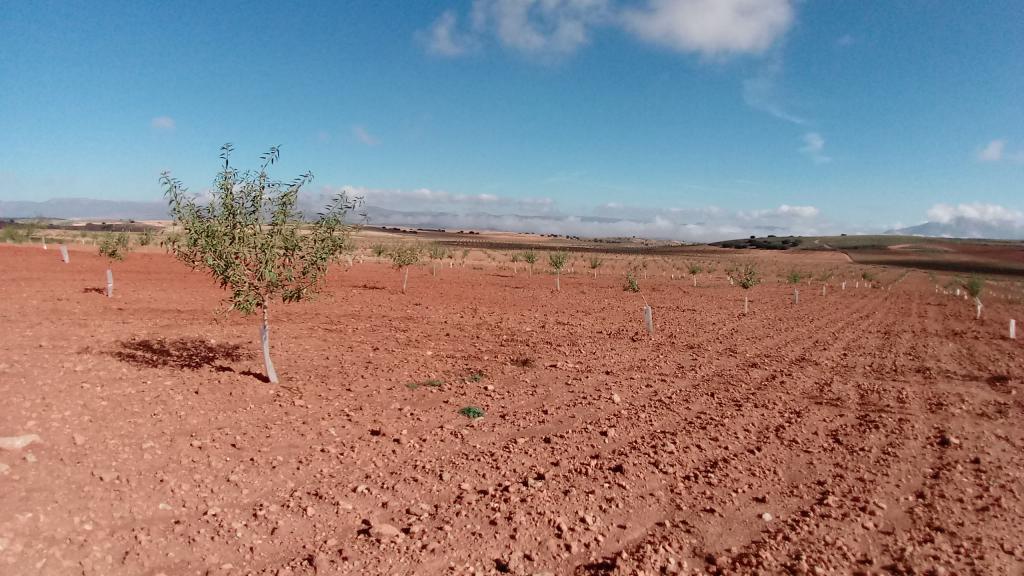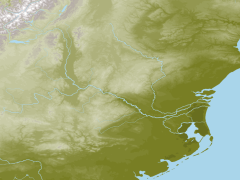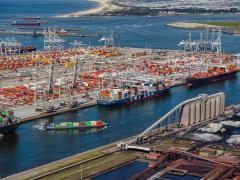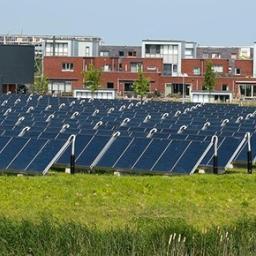Better policy design for sustainable land management
The land use sector can play a major role in achieving the binding EU target of climate neutrality by 2050. It has more potential for carbon sequestration than any other sector and is in fact already removing 7% of all EU emissions. To better assess the impact of future land-use policies ahead of their implementation the LAMASUS (Land Management for Sustainability) project is launched today. LAMASUS will provide tools and design processes to EU policymakers enabling more informed choices about European agriculture and land use and their climate impact.

PBL Netherlands Environmental Assessment Agency plays a key role in LAMASUS by linking agriculture and forestry to climate and biodiversity through its integrated assessment model IMAGE. “In this project we will examine how European and global land use systems can become climate neutral, while being more biodiverse and enjoying better water quality, while still offering decent livelihoods for farmers. We will identify all the relevant trade-offs and synergies,” says researcher Jonathan Doelman (PBL).
Competing needs for land use
Using land to capture carbon is not an easy option – land as a resource is subject to heavy competition to provide food security, preserve biodiversity, and accommodate living space as well as infrastructure. EU policies that prioritize one use over others need to be carefully designed in an integrated approach accounting for diverse societal demands and the synergies and trade-offs among them.
Multi-level decision making
LAMASUS will also develop a novel governance model based on multi-level stakeholder dialogues spanning the European Commission, through national and local administrations down to citizens, as well as the necessary tools for co-designing agriculture, forestry, and climate policies in support of the EU’s climate neutrality target.
Scientific tools for long term policies
“We recognize that decisions on how land is used are made at the local, regional, national, and EU level. These decisions are informed by their impacts on climate change, food security, biodiversity, and agricultural income. All of these policies are particularly relevant and require the necessary scientific tools to lay out long-term policies in the current economic situation,” explains Tamás Krisztin, scientific coordinator of the LAMASUS project and a researcher at IIASA (International Institute for Applied Systems Analysis).
LAMASUS brings together 17 research institutions from eight EU countries, and builds on established modeling tools that are used to predict the impacts of climate, agricultural, and forestry policies, at the local, national, and regional levels.




